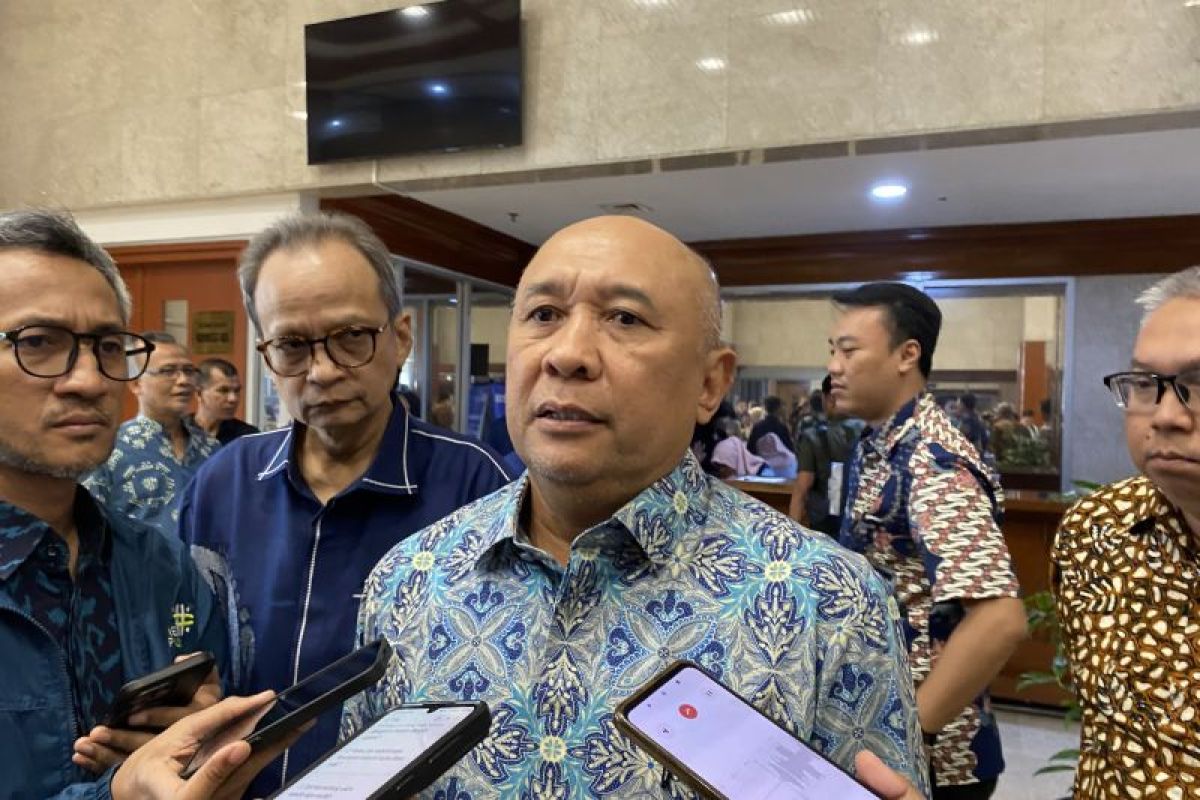Jakarta (ANTARA) - Cooperatives and Small and Medium Enterprises (SMEs) Minister Teten Masduki said his ministry is continuing to push credit scoring to expand the access of micro, small, and medium enterprises (MSMEs) to People's Business Credit (KUR).He explained that with credit scoring, traditional requirements such as collateral — which have been the main obstacles to MSMEs' access to financing — can be reduced.
Instead, alternative data such as electricity usage and telecommunications activities can be used as a reference to gauge MSMEs' creditworthiness.
"Indeed, innovative credit scoring cannot be implemented as mandatory. For example, the OJK (Financial Services Authority) implements it as mandatory to banks; it cannot be like that," he said in Jakarta on Wednesday.
"We are focusing on (low-interest credit) KUR because KUR is a government program, therefore there will be more MSMEs connected to banks," he said.
Credit scoring is a method to determine the creditworthiness of a business based on alternative data such as electricity usage, telecommunications activities, and financial transactions. By utilizing such data, credit scoring can provide a more comprehensive picture of the performance and potential of MSMEs.
This is considered important considering that currently, there are still around 30.76 million MSMEs that are not yet connected to banking because they do not have a credit history.
Masduki noted that the implementation of credit scoring has also made significant progress. Strong support from the Finance Minister, who will bring this proposal to the Financial System Stability Committee (KSSK), will further strengthen its prospects.
Baca juga: Kejati NTB ungkap peran enam tersangka korupsi penyaluran dana KUR BSI
Baca juga: Dua anggota DPRD Lombok Tengah jadi tersangka korupsi KUR BSI
He added that the OJK has also readied the necessary infrastructure and opened opportunities for new companies to operate in this sector. He disclosed that 17 companies have applied to register with the OJK as innovative credit scoring companies.
"The OJK is also improving credit data by including data from MSMEs that have utilized fintech services because currently, around 4.8 percent of MSMEs in Indonesia have utilized fintech services," he added.









